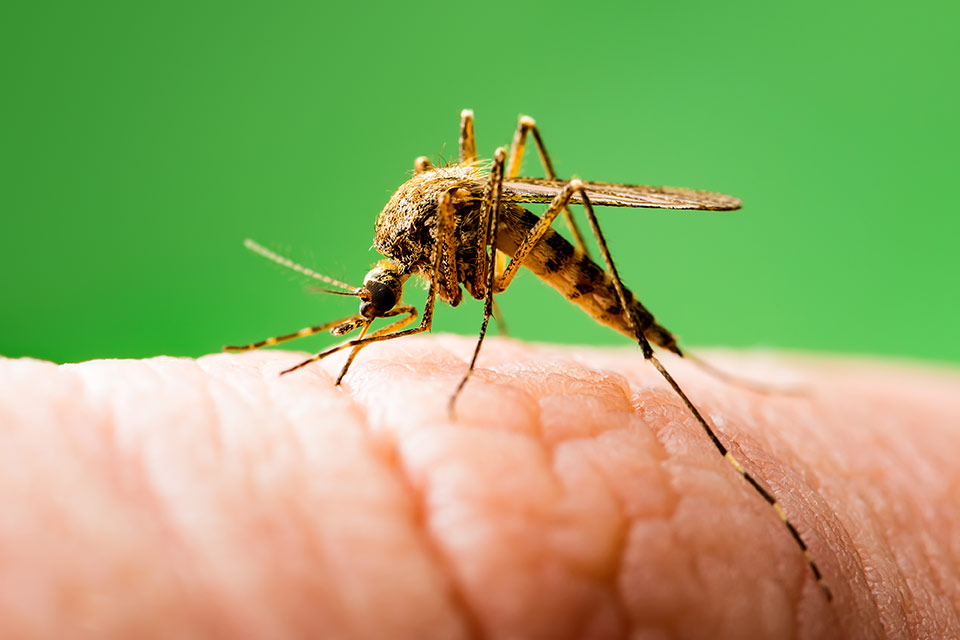CAEP
Centre for Applied Entomology and Parasitology
The Centre for Applied Entomology and Parasitology (CAEP) is a world-leading interdisciplinary research centre for entomology and vector-borne diseases. Led by Professor Toby Bruce, the group demonstrates expertise across parasitology and virology, disease vectors and agricultural pests, from fundamental biology to the development of novel control strategies, interventions and new drugs. CAEP has an ethos of equitable local, national and international partnerships and capacity building and the theme strongly links to several UN SDGs (Zero Hunger, Good Health and Well-Being, and Life on Land). CAEP staff work with an extensive collaborative network across the UK, Africa, South America and Asia. Research in this theme has high translational impact and supports postdoctoral and postgraduate researchers both in Keele and globally.
Strategic areas within CAEP can be categorised into two main areas:
- The biology and control of agriculturally important insects. This is discipline-leading in several aspects of crop sustainability, especially relevant to low-to-middle income countries (LMICs) in Africa and aligns with the Institute for Sustainable Futures theme Providing Food Security. Our staff have made significant advances on socio-economically important insects that are beneficial for or that threaten food-security, both as vectors of plant disease and crop pests. Examples of our work include: integrated pest management in strawberry crops, improving food safety by pesticide reduction in Kenya (Professor William Kirk); plant-virus-vector interactions (Dr Trisna Tungadi); novel strategies for crop sustainability and biological control of the potentially devastating fall armyworm (Professor Toby Bruce).
- The biology, transmission and pathogenesis of disease. Research on parasitic and viral diseases and interplay with the microbiome align closely with Keele’s Institute for Global Health and Wellbeing. Our work aims to generate knowledge and impact through the generation of new knowledge and development of tools and interventions for the control of malaria, leishmaniasis, African trypanosomiasis, mosquito-borne arboviruses including dengue and chikungunya, and poxviruses. Examples of our work include: the use of gene-drive technologies for control of malaria-transmitting mosquitoes (Dr Roberto Galizi); mosquito-microbiome interactions (Dr Shivanande Hegde); epidemiology of re/emerging infectious diseases of pandemic potential (Dr Najmul Haider); and the molecular and cell biology of the human malarial parasite Plasmodium falciparum (Professor Paul Horrocks, Dr Ilaria Russo). Professor Pip Beard studies how poxviruses (particularly those found in livestock) cause disease in their host, in order to apply this knowledge to the development of novel tools for the control and prevention of disease. Professor Helen Price is co-lead of the NIHR-funded interdisciplinary programme ECLIPSE, which aims to reduce stigma and improve the patient journey for people living with cutaneous leishmaniasis, working with teams in Brazil, Ethiopia and Sri Lanka.
CAEP is funded through governmental and non-governmental agencies and industrial partnerships. Our work has been funded by UKRI, the Bill and Melinda Gates Foundation, NIHR, Royal Society, Newton Fund, Global Challenges Research Fund and others. We are actively seeking new sponsorship and industry collaborations. We offer a lively and stimulating environment for PhD students and early career researchers.










